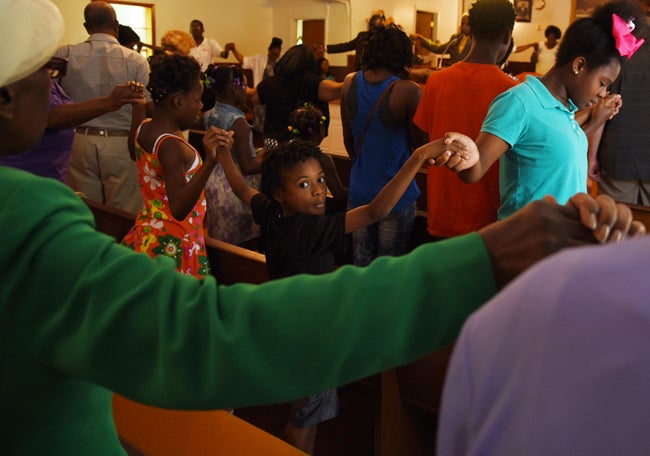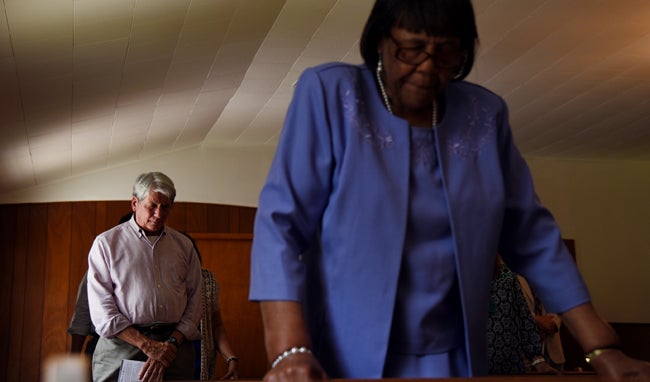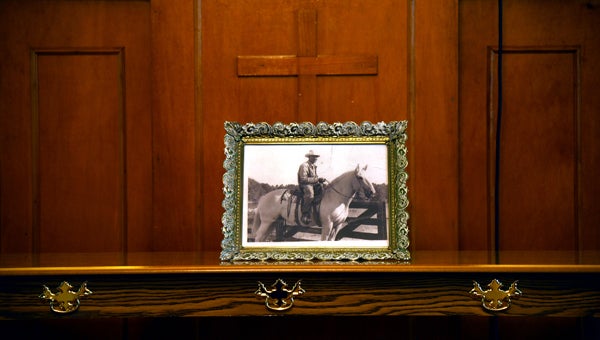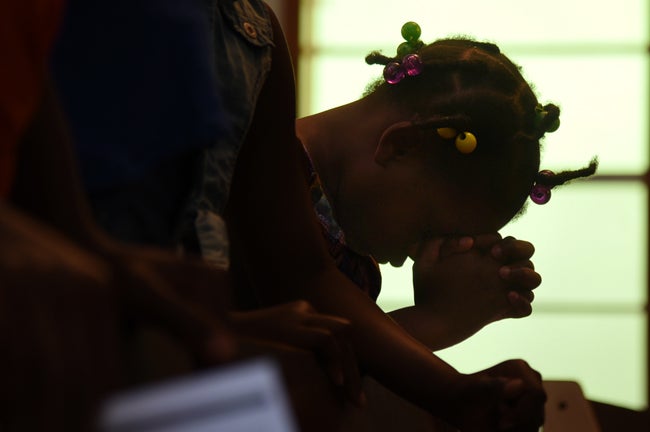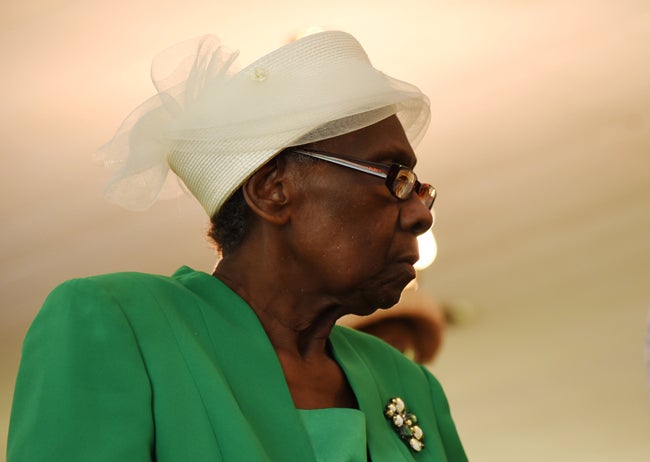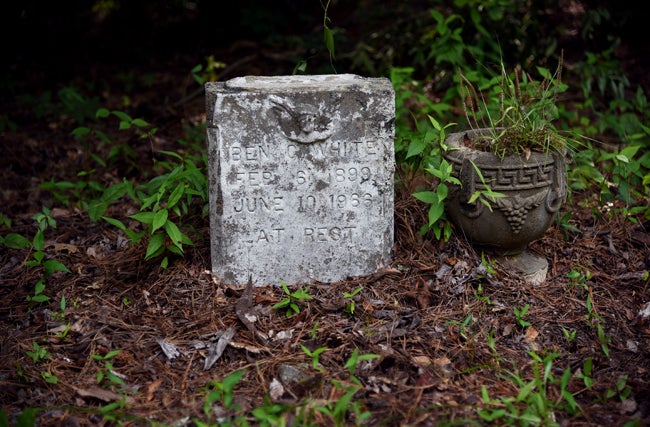Anniversary of Ben Chester White’s death commemorated
Published 11:50 pm Friday, June 10, 2016
NATCHEZ — He died a violent death, but when Cranfield community members gathered Friday to mark the 50th anniversary of Ben Chester White’s slaying by Ku Klux Klansmen as part of a failed conspiracy, they instead chose to remember him as a man respected and at peace with his community.
White was killed near Pretty Creek at the edge of the Homochitto National Forest on June 10, 1966, gunned by three men who were hoping his murder would draw civil rights icon Martin Luther King Jr. to the area so they could assassinate him.
They had lured White — a cowboy and local farm worker who was respected in the local community — into the car they drove into the woods that day by asking him for help finding a dog. Unlike other civil rights killings, White wasn’t an activist.
“Oh Lord, what have I done to deserve this?” were reportedly the last words he said as the men pointed guns at him and opened fire while he sat in the back seat of the car.
“He didn’t do a thing to deserve any of it except live a life of quiet dignity, which was apparently too much,” said Brad Pigott, the former U.S. Attorney who initiated the federal prosecution of Ernest Avants, one of the gunmen.
Attendee Betty Sago spoke of how her sister, who had witnessed the men pick White up, had to leave the area after the killing.
“He was a pillar in the community,” she said. “Everybody respected Mr. White.”
One of the gunmen, Claude Fuller, was never tried, though the owner of the car, James Lloyd Jones — who confessed to the crime and implicated the other two — saw a state case end in mistrial.
Avants was acquitted during a state trial, but indicted under federal law in 2000 because the crime had happened on federal land. Avants was convicted in 2003. He died in prison the next year at 74.
It was the only time the United States ever brought a federal murder charge against a racist civil rights killing from the past, Pigott said.
Don Simonton, the former Alcorn State University professor who grew up in the area and whose research into the killing ultimately sparked interest with federal prosecutors and national news outlets that led to Avant’s prosecution, said White “was a black life that mattered.”
“The ultimate right that we have is the right to life,” he said. “It is in our Constitution — the right to life first, then liberty and the pursuit of happiness, and it was that right that was cut off 50 years ago.”
White lived in a somewhat insulated, insular community where black and white people respected each other and got along well at a time when tensions were high elsewhere, Simonton said, and it probably did not occur to White that the violence that had been seen in other places would come to his community.
“When he was chosen (as a victim), the people of that little community — white and black — were shocked,” he said. “They were also terrorized, black and white.”
It would be a long time before justice for the crime would come, Simonton said, but interest in his case led to interest in others, leading to more justice being served.
The ceremony was hosted at Windy Hill Baptist Church No. 1, the church White attended and where he is buried, and was marked with Gospel music, prayer and Bible readings.
Members of his family were recognized, and Rosie Hall, White’s cousin, said she appreciated the occasion. Others said it was important to use such occasions as a teaching tool for the young.
The celebration was a Natchez Tricentennial event, and Tricentennial Ethnic and Social Life Committee Member Betty Cade — whose father was pastor of Windy Hill at the time of White’s death — said that even after five decades, such events can promote healing for those who lived through those times.
“People cannot heal unless you give them an avenue to heal,” she said. “Our hearts are not sad about Ben Chester White, but we are sad about the avenue he had to go through.”


